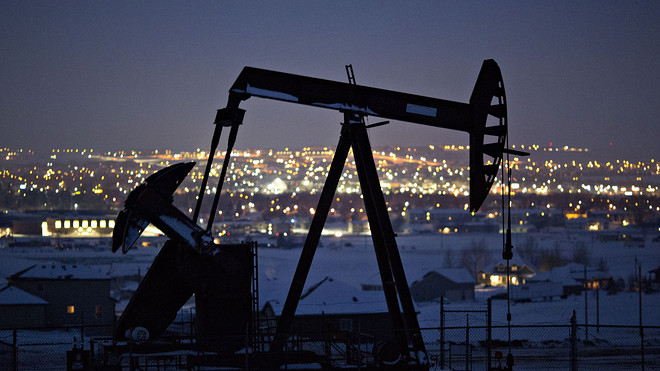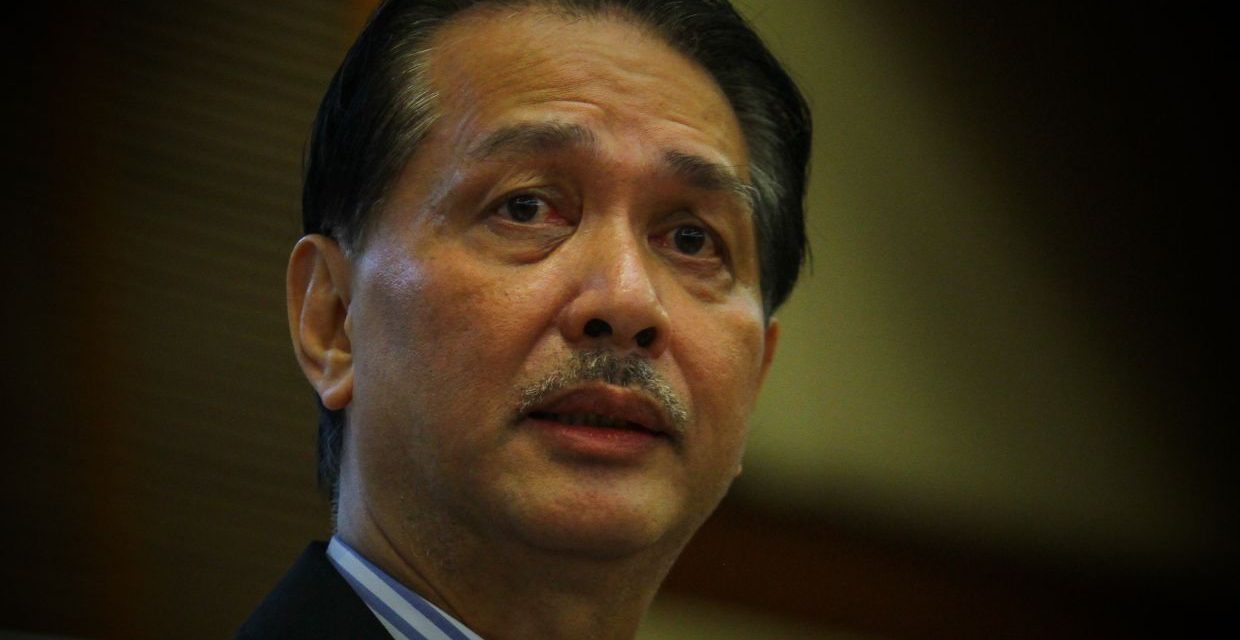Govt may introduce ‘soft landing’ approach when lifting MCO, says Health DG
The government may introduce a “soft landing” approach when removing the movement control order (MCO), says the Health Ministry. Health director-general Datuk Dr Noor Hisham Abdullah said this would mean social distancing rules and bans on large gatherings were likely to continue for the rest of the year. The MCO is currently in its third phase following two extensions by the government, and is expected to end on April 28. Dr Noor Hisham stressed that the country is still battling with Covid-19 and that more needs to be done to lower the number of cases even further. (The Star Online)
Malaysia’s daily new Covid-19 cases drop to pre-MCO level
Malaysia reported 36 new cases as of noon yesterday — the lowest daily figure since March 14, four days before the government imposed the nationwide movement control order (MCO) on March 18. Meanwhile, daily recoveries were at 98, exceeding the number of new cases, with no deaths reported. Malaysia has the fourth-highest number of Covid-19 infections in Southeast Asia at 5,425, after Singapore reported 1,426 new cases, bringing the tally there to 8,014, followed by Indonesia (6,760) and the Philippines (6,459). However, health director-general Datuk Dr Noor Hisham Abdullah cautioned that the number of daily infections may rise in the next two weeks as the ministry is still tracking Covid-19 cases, especially in some areas that have been put under the enhanced movement control order (EMCO), as well as among Malaysians who just return from the overseas. (The Edge)
Rehda: Time to lift property cooling measures
The effect of property cooling measures imposed since 2014 has been “too effective” and it is perhaps time to remove them, said Rehda president Datuk Soam Heng Choon. “Between 2010 and 2013, when there was a boom in the market, many jumped on the wagon so cooling measures were implemented. In 2017/2018 the market has already slowed down a lot, but the government has not lifted the cooling measures even then,” Soam said. “Now if the ‘medicine’ is too strong, it is perhaps time to take it away,” he opined considering the impact the COVID-19 pandemic will have on the economy and the property sector. Rehda has submitted several proposals to the government to stimulate the housing sector in particular including bringing back the Home Ownership Campaign, removing Real Property Gains Tax (RPGT), relaxing lending guidelines, among other measures. (The Edge)
Government mulls deferring Hari Raya holidays
Malaysia will look into the possibility of deferring its public holidays for the Hari Raya Aidilfitri celebration, which is what Indonesia has done in view of the Covid-19 pandemic. The government will decide whether the holidays are to be rescheduled after getting views from the Minister in the Prime Minister’s Department in charge of religious affairs. “It will not just be about Hari Raya but also on other matters such as the terawih prayers (special prayers performed during the nights of Ramadan) that the minister will discuss and propose. So, let’s wait for what he has to say. Let us start fasting first,” Senior Minister Datuk Seri Ismail Sabri Yaakob said. Indonesia has decided to postpone its Hari Raya Aidilfitri holidays to Dec 28 to 31 to stop the mass movement of its people. The first day of Ramadan for Malaysia is expected to fall on April 24 and Hari Raya Aidilfitri is likely to be celebrated on May 24 to May 26. (The Star Online)
US oil price below zero for first time in history
US oil prices crashed into negative territory for the first time in history as the evaporation of demand caused by the coronavirus pandemic left the world awash with oil and not enough storage capacity — meaning producers are paying buyers to take it off their hands. West Texas Intermediate, the US benchmark, traded as low as -$40.32 a barrel in a day of chaos in oil markets. The settlement price on Monday was -$37.63, compared to $18.27 on Friday. Traders capitulated in the face of limited access to storage capacity across the US. Negative prices are the latest indication of the depth of the crisis hitting the oil sector after lockdowns imposed in many of the world’s major economies have sent crude demand tumbling by as much as a third, leaving the industry facing what Jefferies analyst Jason Gammel called “the bleakest oil macro outlook” he had ever seen. (Financial Times)






